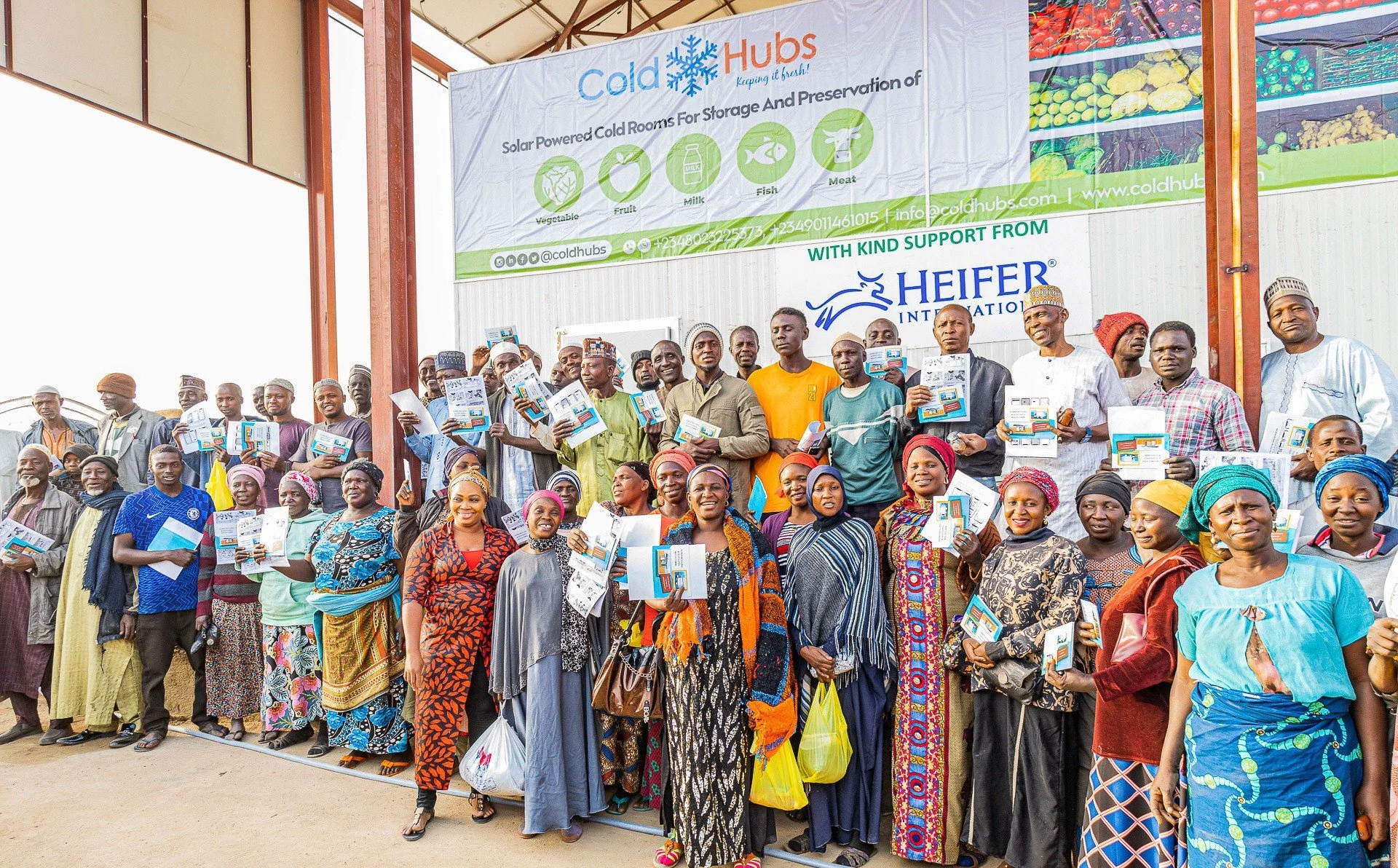Nigeria, with its vast population of approximately 223 million, is Africa's most populous nation and ranks as the seventh most populous country worldwide. This demographic advantage underscores Nigeria's potential to influence economic and social dynamics on the continent. However, despite this potential and an annual graduation rate of around 1.5 million students from various higher education institutions, Nigeria grapples with a severe unemployment crisis. According to the National Bureau of Statistics (NBS), the unemployment rate stands at approximately 33.3%, with recent university graduates facing an even higher rate exceeding 30%.
This mismatch between the rising number of graduates and limited job opportunities reveals a critical issue within Nigeria's economy.
The persistently high unemployment rate among graduates exacerbates poverty, as many educated individuals struggle to secure suitable employment. This not only affects their ability to support themselves and their families but also hampers broader economic growth. A significant portion of Nigeria’s educated workforce remains underutilized, stifling potential innovation and overall economic performance.
Globally, the International Labour Organization (ILO) highlights that the global unemployment rate averages around 5.6%. Regional disparities are notable:
Sub-Saharan Africa often sees unemployment rates exceeding 7%, reflecting ongoing labor market challenges.
Asia and the Pacific generally report lower unemployment rates compared to the global average.
Youth unemployment remains a pressing issue, with rates often surpassing 14% in many regions, emphasizing the challenges young people face in entering the workforce.
Amidst these challenges, Coldhubs emerges as a transformative force in combating unemployment and economic instability. By leveraging solar-powered cold storage technology, Coldhubs addresses critical post-harvest losses in agriculture, providing a dual solution of food preservation and job creation. This innovative approach generates significant employment opportunities, particularly for women and youth, contributing to poverty alleviation and economic empowerment.
Coldhubs has made remarkable strides in empowering women by appointing them as hub operators. These women manage the daily operations of cold storage facilities, which provides them with stable income and enhances their leadership and management skills. This role fosters economic independence and bolsters their financial security.
Since January 2024, Coldhubs Limited has recruited approximately 20 junior staff members and 20 hub operations staff across Nigeria. These positions include Electrical Technical Officers (ETOs), Sales and Marketing Officers (SMOs), Media and Communication Officers (MCOs), and IT roles such as app developers. This recruitment spans all six geopolitical zones of Nigeria, indicating a broad geographic impact.
In addition to job creation, Coldhubs invests in its workforce through various training programs. Earlier this year, the finance department conducted a training program, and the crates department engaged in joint training on quality control with the finance team, transitioning from paper-based processes to the Microsoft Office Suite.
Looking ahead, Coldhubs plans to address unemployment and enhance living standards nationwide by constructing additional hubs in Gombe, Plateau, Owerri (Imo State), Port Harcourt, and Potiskum. These new cold rooms will create more job opportunities for women and youth, amplifying Coldhubs’ impact on economic development.
Working with Coldhubs Limited offers significant advantages, including exposure to international collaborations and opportunities for career growth in a dynamic environment. Coldhubs’ approach to job creation demonstrates the power of innovative technology and strategic employment initiatives in driving social and economic progress. By empowering women and youth, Coldhubs not only addresses immediate employment needs but also contributes to long-term economic growth and community development.

